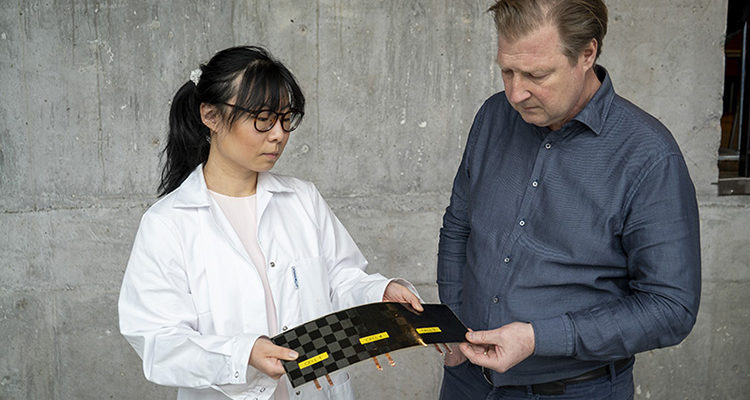“Previous attempts to make structural batteries have resulted in cells with either good mechanical properties, or good electrical properties. But here, using carbon fiber, we have succeeded in designing a structural battery with both competitive energy storage capacity and rigidity,” Professor Asp explained.
The team at Chalmers is testing carbon fiber cathodes to assess if stiffness and electrical performance are enhanced, as well as testing thinner separators to further reduce weight. EVs built with structural composite batteries could be the next test.
Professor Asp also commented on the future of the structural battery, saying, “The next generation structural battery has fantastic potential. If you look at consumer technology, it could be quite possible within a few years to manufacture smartphones, laptops, or electric bicycles that weigh half as much as today and are much more compact.”


